A new breed of managed services helping to provide the business support needed to drive success—at scale.
The core of our managed services offerings span content, help desk, quality assurance, software development and trust and safety. Our tools, operational designs and team members combine to provide a unique spin on managed services.
We nurture, create and manage business strategy, ensuring effective goal setting, progress tracking and budgeting.
Our proprietary process guides strategic team building, and focuses on assessment, incubation and scaling. Our specialty is in creating repeatable playbooks resulting in knowledge sharing, performance and growth.
Delivering objective insights to positively influence a company’s value chain. There’s no analytical or technical task we’re not up for.
When you need to know and understand your data and information better, we are your partner for strategy and execution. We manage, optimize, monitor, grow and transform information-backed business activities.







